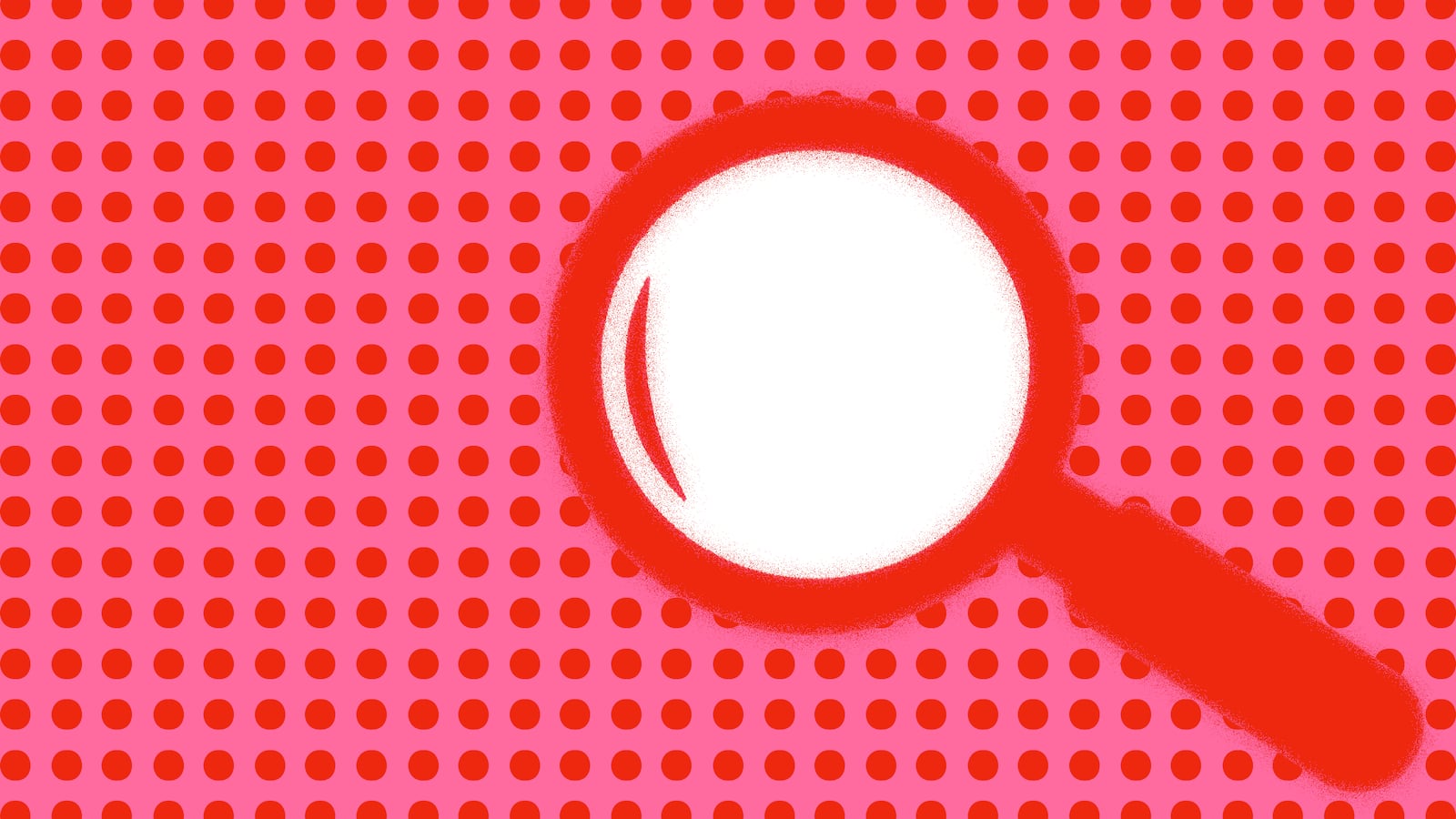It used to feel like tinfoil hat-wearing paranoia to worry about the government seizing data from a period tracking app. In a post-Roe America, however, worries about health privacy are warranted in states where abortion has been criminalized.
Numerous cycle tracking apps that allow users to input information about their periods have come under scrutiny—and their privacy and data sharing policies haven’t assuaged concerns. Just a few days ago, the Mozilla Foundation released a new report that identified privacy and security flaws in 18 reproductive wearables and period/pregnancy trackers.
“These apps—and just about every other app and gadget on the market—have data collection as the foundation of their business model,” wrote Ashley Boyd, Mozilla’s vice president of advocacy and engagement, in a blog post summarizing the company’s findings. “They can track our vital signs, where we go, when we go there, and who we are. This means that now, our surveillance economy could be used to track, harass, arrest, and even prosecute a person seeking an abortion.”
The backlash, unfortunately, may undermine some critical endeavors that have been in the works for decades. Women have urged one another to delete tracking apps based on the fear that their data may be used against them. But women’s health research, which has historically been overlooked and underfunded, critically relies on cycle tracking data. Experts worry that a mass exodus of users from these apps may hamper scientists’ best efforts to recruit diverse populations and answer basic questions about reproductive health.
“A lot of what we understand about health is based on the male body,” said Amanda Shea, the head of science at Clue, a menstrual health company that makes a period tracking app. “I think there is a risk that we could end up back where we were if we go down this road where people do become scared to talk about their reproductive health with their friends and family; to ask their health-care providers questions; to use digital tools to participate in the research.”
There are multiple ways scientists use period tracking apps as part of their research. The data can reveal how different factors influence the length of a person’s menstrual cycle, their symptoms, and their reactions to various forms of birth control, Shea told The Daily Beast. Cycle tracking itself has also become an area of investigation, since research shows that women who track their periods may learn more about their bodies and feel empowered when making medical decisions.
The number of participants recruited for rigorous clinical trials—the gold standard for research—can be limited by factors like their cost, as well as researchers’ labor and time. Digital tools like cycle tracking apps can provide larger sample sizes and a wealth of information that would otherwise be inaccessible, such as data from people who do not live near large hospitals or cannot go to a clinic to participate in a study. Statistically rare outcomes like forms of cancer or sexually transmitted infections can be difficult to study with in-person clinical trials, and when they are, Black people are often underrepresented. There’s potential to represent a wider swath of experiences in app data and increase statistical power, which helps researchers separate a true signal from background noise in their tests.
Data from the Clue app is being used to look for patterns in menstrual cycle symptoms among people who develop breast cancer; changes in cycles due to COVID-19 vaccination; and the effects of air pollution on menstrual cycles. Big data from digital health tools like Clue represent “a big opportunity to push research forward,” Shea said.
For example, Harvard scientists were able to investigate post-vaccine cycle irregularities at a scope only made possible by menstrual data from Apple’s Health app and the Apple Watch. To go beyond anecdotes and measure the average duration and impact of these changes, the researchers analyzed data from over 125,000 individuals—far more than could have been accurately and minutely surveyed through other means.
Ambreen Molitor, the national director of innovation at Planned Parenthood Federation of America, told The Daily Beast that the organization relies heavily on partnerships with companies like Clue to conduct their menstrual health research (it also makes an app called Spot On that allows for both cycle and birth control tracking). Molitor said that users are typically recruited for studies and trials through in-app messaging that lets them opt in to research.
It’s impossible to know how many would-be users were convinced not to download a cycle tracking app because of the Roe decision and data privacy concerns. “There’s this missed opportunity” for these people and others not using apps to learn important information about their bodies, Molitor said.
Moreover, as women from certain regions or socioeconomic backgrounds delete or stop downloading cycle tracking apps, gaps and biases in research data may become exacerbated. Ongoing studies that could once count on having data representative of the greater U.S. might suddenly become shaky and marred by limitations.
Low-tech alternatives like tracking one’s cycle on a physical paper calendar may impart some of the same benefits of app-based tracking to individuals, but this data is not as easily shared with researchers.
Still, it’s understandable why people would want to delete these apps en masse. Molitor emphasized that some users may feel safe using apps that do not require them to make an account and that promises not to sell their data, but it can be hard for consumers to discern safe from sketchy. Indeed, Mozilla’s report classified some of the bestselling tracking apps and wearables with a warning: “privacy not included with this product.” The surest way to protect oneself is to scrub their phone of these tools outright—even if it stymies scientists’ ability to run some critical studies about women’s health.
For now, it’s unclear what the solution might be moving forward. Women around the country are scared—and justifiably so. Scientists like Shea are cognizant of this fact, even as they scramble to find workarounds that keep the research moving forward.
“Women’s health research is still desperately needed,” Shea said, adding that women deserve accurate information and health care systems that can meet their needs. “In order to accomplish these things, we need research, and we need to find the best ways to allow people to keep participating.”







